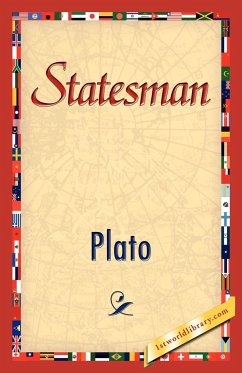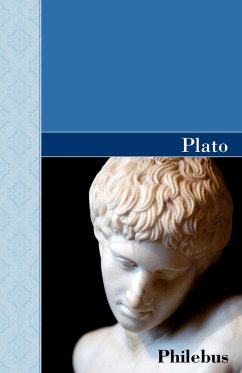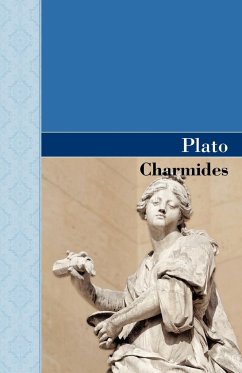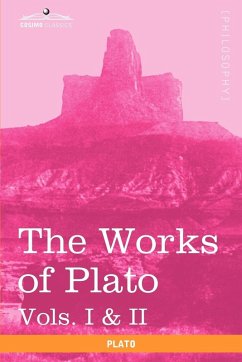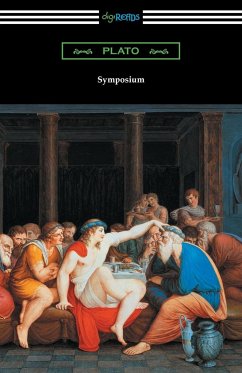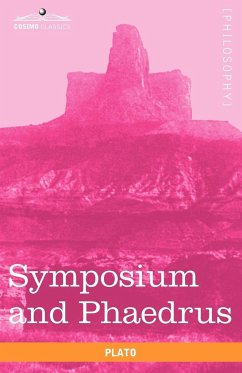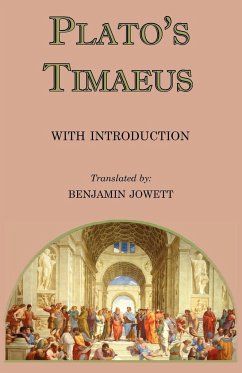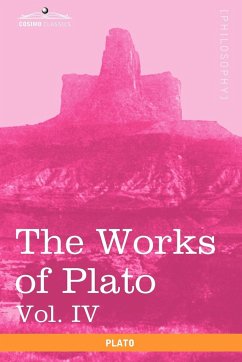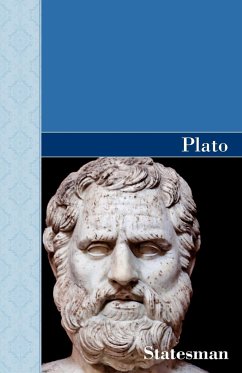
Statesman
Versandkostenfrei!
Versandfertig in 1-2 Wochen
15,99 €
inkl. MwSt.

PAYBACK Punkte
8 °P sammeln!
Statesman is one of Plato's later political works, a companion piece to Sophist. Less dramatic and more dogmatic than his earlier dialogues, Socrates is here reduced to a minor character while most of the conversation is carried on by a mysterious stranger from Elea. The purpose of the dialogue is partly to define a statesman, but also to demonstrate the use of the procedure of division in reaching a definition. By dividing a subject up into successive limbs like the limbs of a tree, the dialogue provides a model for how to conduct a philosophical enquiry. Along with the better-known Republic ...
Statesman is one of Plato's later political works, a companion piece to Sophist. Less dramatic and more dogmatic than his earlier dialogues, Socrates is here reduced to a minor character while most of the conversation is carried on by a mysterious stranger from Elea. The purpose of the dialogue is partly to define a statesman, but also to demonstrate the use of the procedure of division in reaching a definition. By dividing a subject up into successive limbs like the limbs of a tree, the dialogue provides a model for how to conduct a philosophical enquiry. Along with the better-known Republic and Laws, Statesman is essential to a complete understanding of Plato's evolving political thought.



